
Updates on user fees, heparin supply concerns, orphan drug incentives, REMS updates, reference standards for proteins, and patent settlements.

Updates on user fees, heparin supply concerns, orphan drug incentives, REMS updates, reference standards for proteins, and patent settlements.

The aim of the European Falsified Medicines Directive is to improve the quality of imported APIs, but does the pain now outweigh the gain?

New FDA supply chain policies aim to strengthen inspection and oversight processes.

Nanomedicines have been authorized by European licensing agencies for more than 30 years but are still posing regulatory difficulties.

FDA funds research to further development of innovative generics, while working to address review and approval issues.
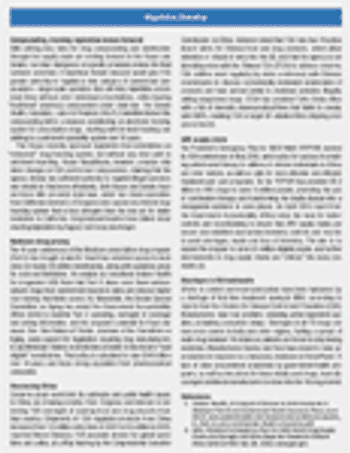
Increased manufacturer outsourcing requires clear policies and written agreements with CMOs.

Bills to regulate drug compounding and establish a national track and trace system face political and policy differences.

A science- and risk-based approach to verify and demonstrate that a process operating within predefined specified parameters consistently produces material that meets all its critical quality attributes.

Companies can use metrics as a tool to help drive positive change and quality process improvements.
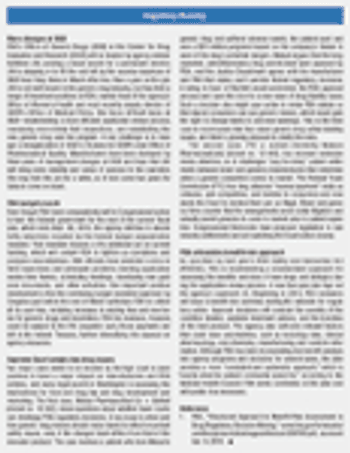
Manufacturers work with international authorities to harmonize drug registration and supply-chain oversight.

Opioid abuse generates calls for efforts to curb distribution.
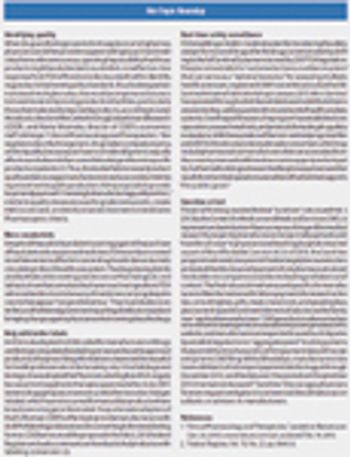
Vaccine development is benefiting from manufacturing advances.

Shortages spur efforts to overhaul manufacturing oversight.
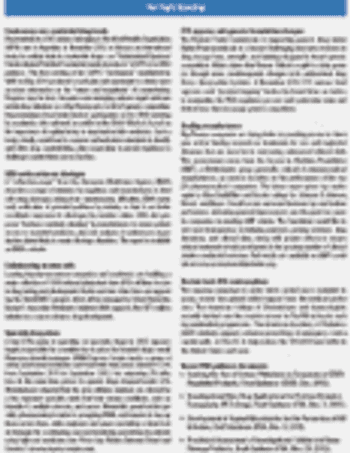
Shortages spur efforts to overhaul manufacturing oversight.

White House and Congress likely to struggle over funding for bio/pharmaceutical regulation.
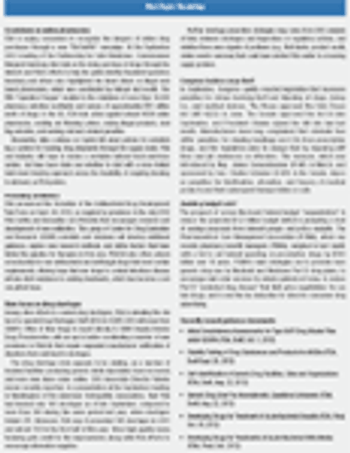
Manufacturing and in-depth characterization provide basis for demonstrating product equivalence.
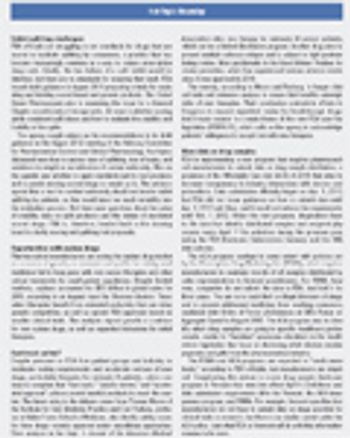
User fees aim to speed approvals and support inspections.
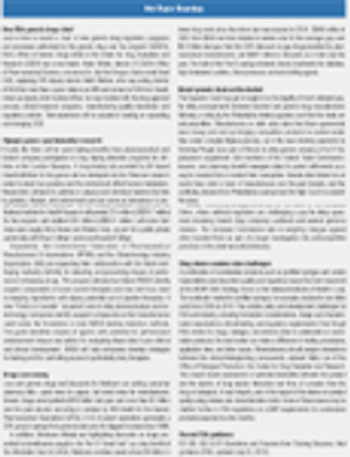
Manufacturers and regulators struggle to control phony versions of crucial medicines.